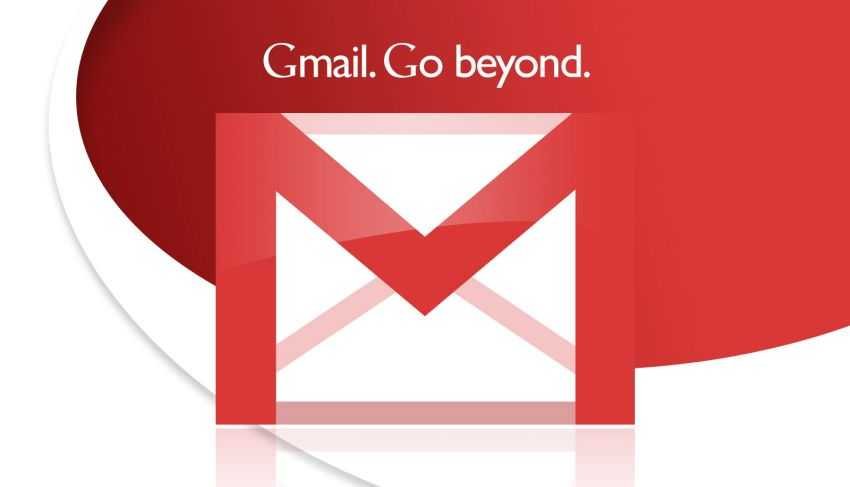I've been using Gmail since the beginning appearanceof the service. Yes since it was in beta it gave 1GB of storage (back then – circa 2004-5 – 1GB was a remarkable capacity) and you could only sign up with an invite.
It's been my main e-mail service for years. Over the years, Google has developed an amazing spam management algorithm. This is the main reason I remain in the service, although I have emails in almost all of them.
However, there is some sort of spam that Gmail does not have an effective filter. It is the spam that is not obvious, but it is still spam.
Are the emails from people who are legitimate users of the service and are not trying to sell products. From office furniture, web development services or educational programs that have nothing to do with you.
Let's see what we can do with these emails:
Gmail gives you the ability to mark these messages as spam. The block feature works for Gmail users on the web as well as on Android mobile devices. The iOS app doesn't seem to have the feature for now at least.
The block feature allows its users Google email service block emails from address.
Here's how to use it.
 With a click on the arrow next to the date the email was sent, the dropdown will open menu. There you will find “Block 'email_address'”
With a click on the arrow next to the date the email was sent, the dropdown will open menu. There you will find “Block 'email_address'”

After the block, this sender will be taken directly to the Spam folder.
For Android device users, click the More button next to the Answer - Answer All button and at the bottom of the action menu, you will see the Block option.






Interesting !!!
And in combination with …@Googlemail.com that you mention in another article we have more possibilities to confuse things !!!